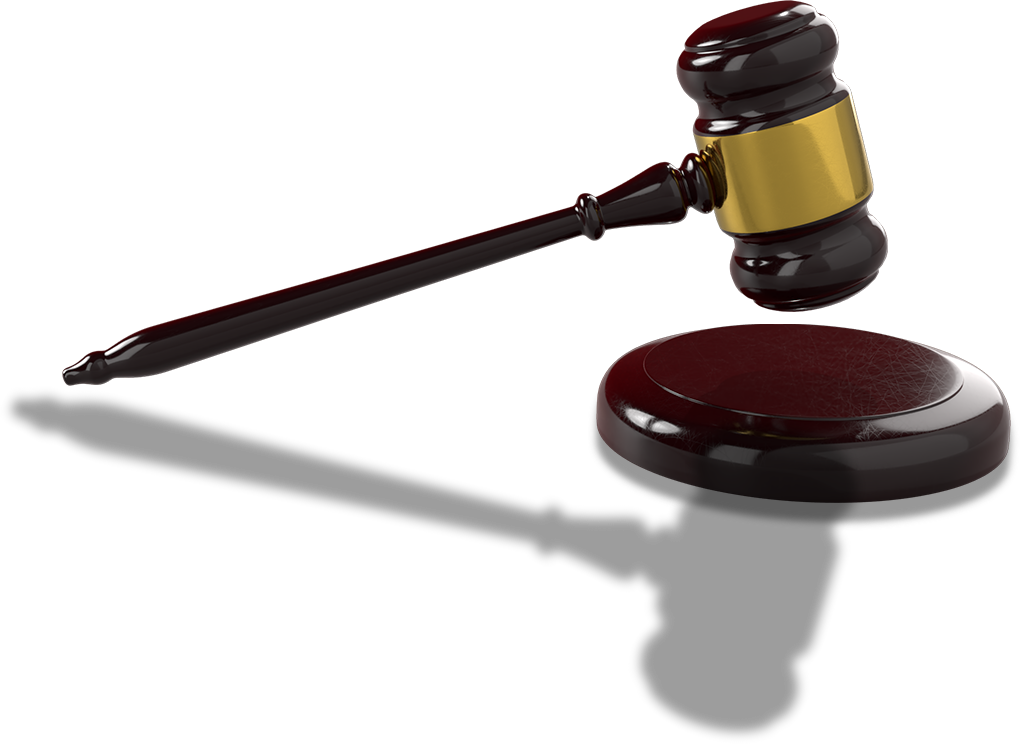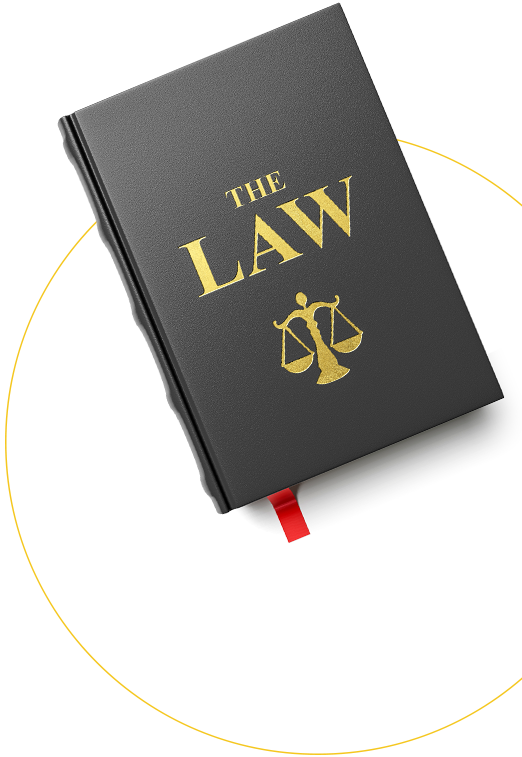The citizen judges system comprises people from
all walks of life, sitting next to judges to make decisions together.
Despite lacking legal background, the citizen judges will bring their unique life experiences,
values, and sentiments into the trial. With their participation, we can expect a more
transparent judiciary where the judicial expertise converses with society. In addition, a mutual
understanding between the court and the general public can be reached with constant
communication and reflection.


Preliminary roster
Second-
round roster
Prospective
citizen
judges
The
designation
of a citizen
judge





